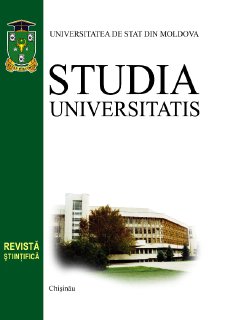TAX AS A FUNDAMENTAL ELEMENT OF ECONOMY AND SOCIETY
Iulia CAPRIAN, Anastasia DJUGOSTRAN Universitatea de Stat din Moldova
Abstract
A tax is a "pecuniary burden laid upon individuals or property owners to support the government, a payment exacted by legislative authority. A tax is not a voluntary payment or donation, but an enforced contribution, exacted pursuant to legislative authority" and is "any contribution imposed by government whether under the name of toll, tribute, tallage, impost, duty, custom, excise, subsidy, aid, supply, or other name." To tax (from the Latin taxo; "I estimate") is to impose a financial charge or other levy upon a taxpayer (an individual or legal entity) by a state or the functional equivalent of a state such that failure to pay is punishable by law. Taxes are also imposed by many administrative divisions. Taxes consist of direct tax or indirect tax, and may be paid in money or as its labour equivalent (often but not always unpaid labour). A nation's tax system is often a reflection of its communal values or/and the values of those in power. To create a system of taxation, a nation must make choices regarding the distribution of the tax burden – who will pay taxes and how much they will pay – and how the taxes collected will be spent. In democratic nations where the public elects those in charge of establishing the tax system, these choices reflect the type of community that the public wishes to create. In countries where the public does not have a significant amount of influence over the system of taxation, that system may be more of a reflection on the values of those in power. Keywords: Tax, the State, the economy, collection, distribution, payment, income.


